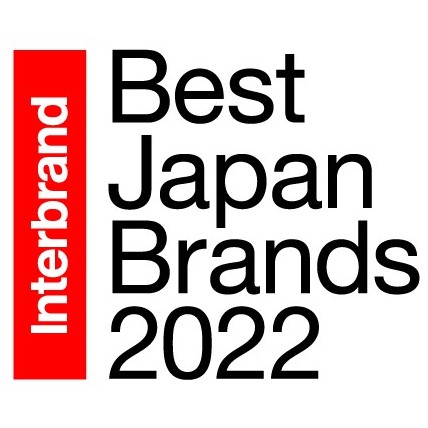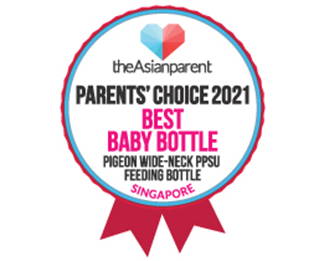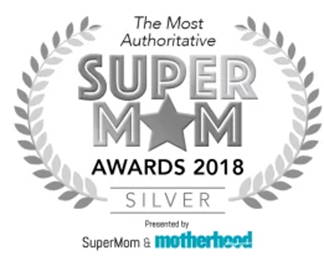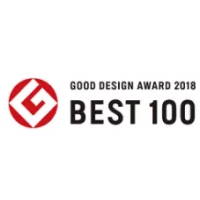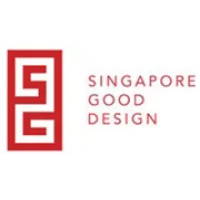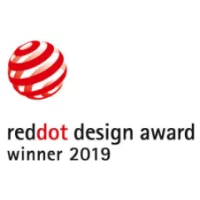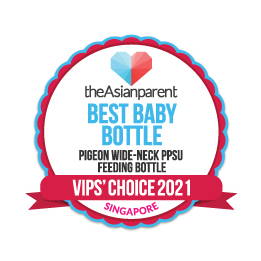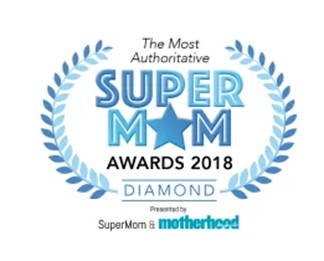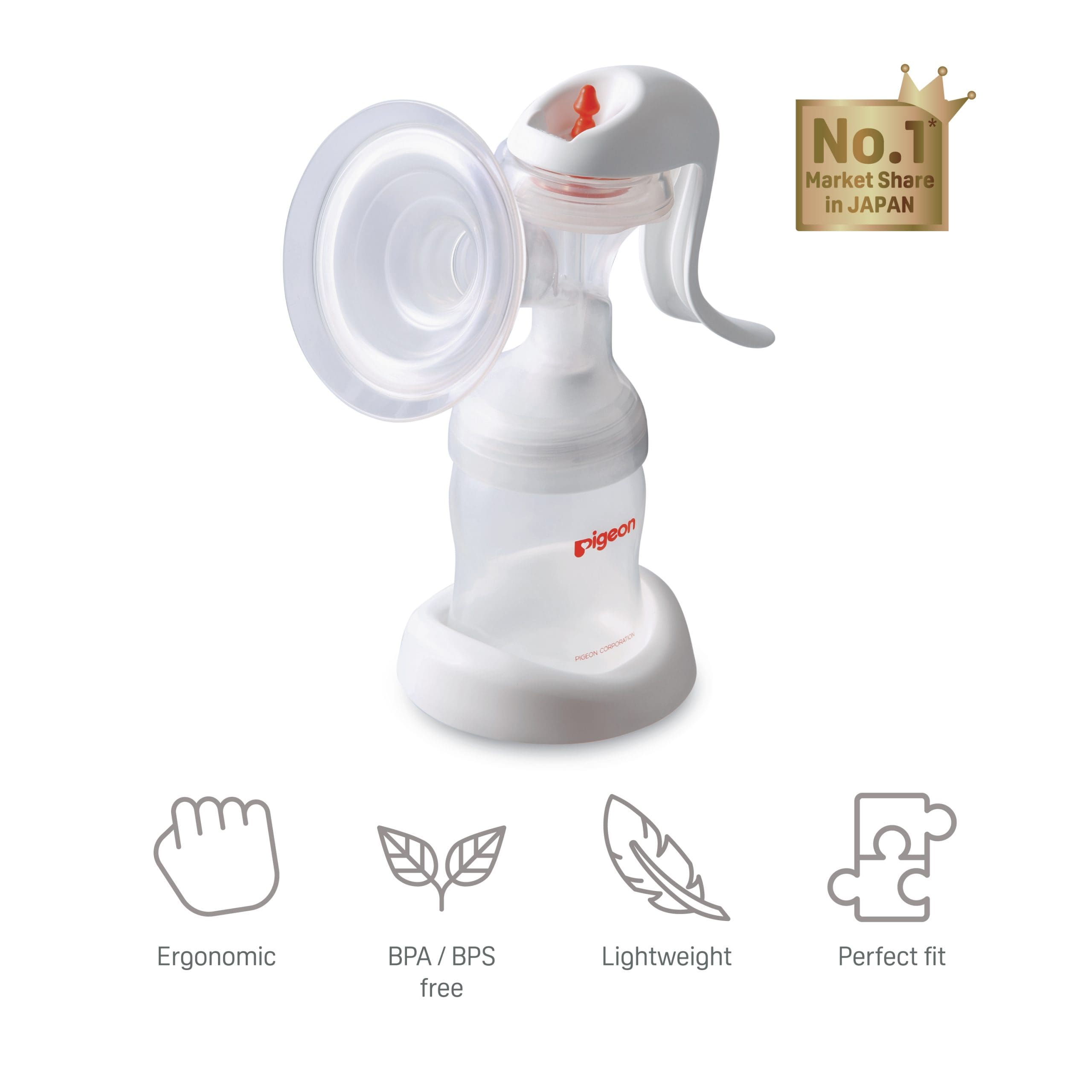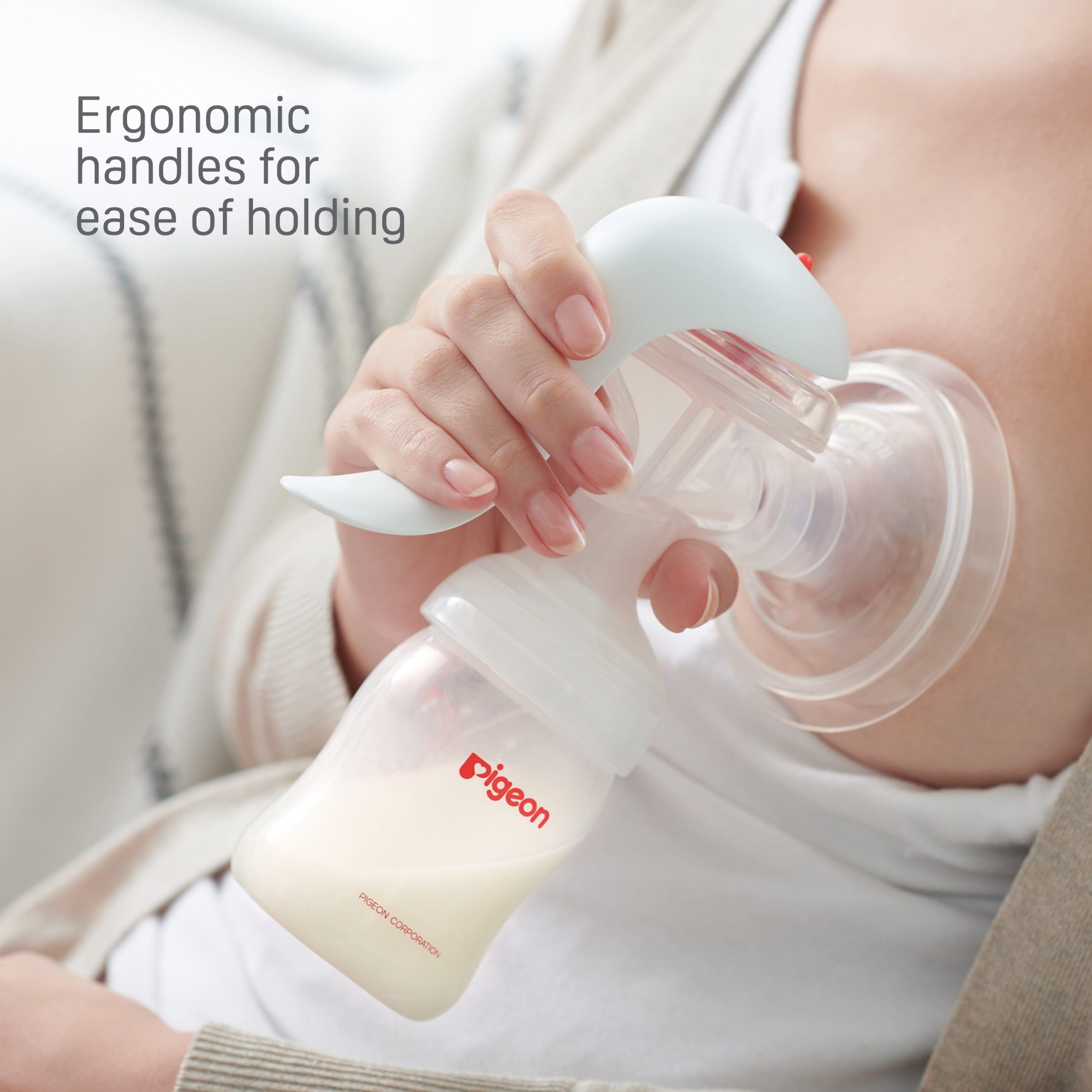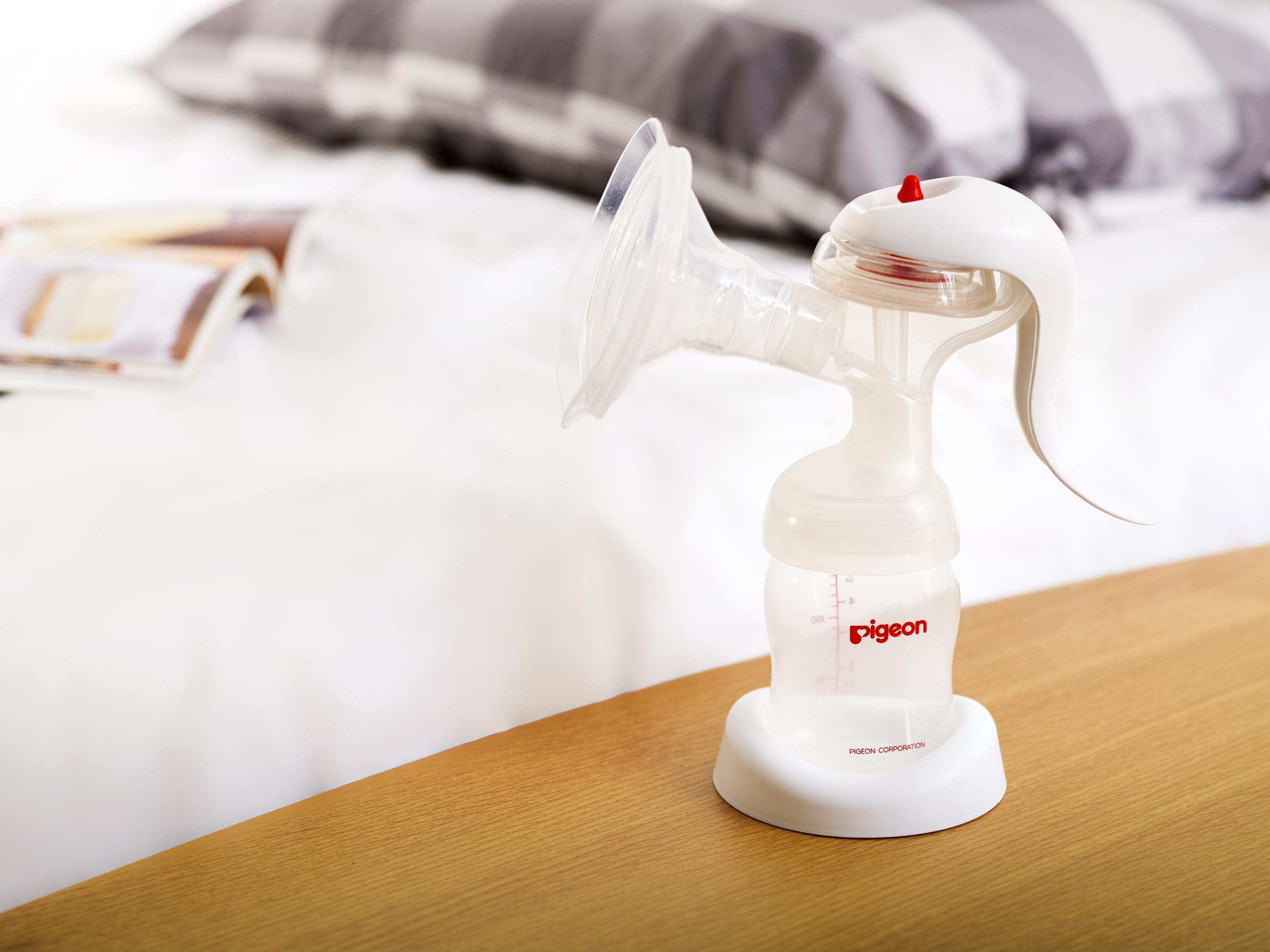ABOUT PIGEON
Based on over half a century of research into breastfeeding and early childhood development, we have gained an in-depth understanding of babies’ growth processes and identify the areas of concern in child-rearing. This has led to our development and launch of numerous high-quality products, resulting in widespread recognition of Pigeon as a leading and trusted company in the industry. Taking advantage of this trust, we are rigorously launching new, highly competitive products and improving the quality of our offerings in the areas of child-rearing support, healthcare, and elder care.
Pigeon Quality
Safe & Secure

- Making child rearing a more enjoyable experience
Our pacifiers used in NICU (Neonatal Intensive Care Units) for premature babies feature a unique asymmetrical design that makes them easy to hold for pattern and low-birth-weight babies who are often placed on their side in bed to ensure they get plenty of rest. The pacifiers also feature bright colors that are bring a smile to the faces of visiting family members, as well as making them highly visible and less likely to become lost.
Always Attentive
We devote ourselves to your baby; Strict manufacturing controls. Careful attention to quality. Production, with nothing left to chance.
- Different designs for different ages.
For more than 60 years, Pigeon has continued to challenge the norms when it comes to nursing bottles. Our understanding of the mechanism of lactation allowed us to develop wide-mouthed, slim shaped artificial nipples that were ahead of the times and have now become mainstream products. To encourage smoother, more natural feeding, we make every effort to reproduce the shape of a mother’s breast so that these nipples fit the baby’s mouth perfectly.
Lovingly Designed
We embrace the bond between parents and newborns. Pigeon products are designed to nurture this connection.
- It’s all about detail and expecting the unexpected.
The essence of Pigeon design lies in our dedication to a rounded form. The body of a newborn baby is so delicate that even the slightest edge on an object can lead to injury. As babies grow, they become more active and begin to move in unexpected ways as they respond to the world around them. To help deal with this, Pigeon ensures that the edges of the products are rounded and will not cause harm in any of the endless variety of situations that arise during childrearing.
- Designs with a warmth that lingers in your memory
Rounded forms evoke a sense of tenderness and warmth, an effect that features in products such as our skincare range, which comes in bottles with asymmetrical curves on the left and right sides to represent the belly of a pregnant mother, reflecting our desire to make parent-child interaction a more harmonious, memorable experience.

- Different designs for different ages.
It is difficult to make silicone – the main material used in Pigeon’s nipples – both soft and durable. Softer, more flexible silicone makes it easier for babies to drink, but is also less durable, which led us to engage in repeated research and prototyping in cooperation with our suppliers to develop silicone materials with different formulations for each age group. Accumulated research also prompted us to adjust the thickness from the teat to the bottom of the product for better drinkability (babies’ natural sucking motion) and durability.
- Quality without compromise
Mass production is the final stage in a process that begins with product design and involves a great deal of verification and prototyping, and the need to maintain a high level of functionality and durability while also ensuring productivity at the factory means that the development and improvement of a single nursing bottle can take many years.
Quality Assurance.
Pigeon produces over 100 million nipples every year. Each is inspected using cutting-edge latest technology and certified by Pigeon quality experts.
- All factories conduct the same inspection for every product
In order to ensure the safety of each and every nipple we produce, we conduct the same quality inspections at all of our factories, ensuring that our products meet our own strict quality control standards in addition to official standards such as EU and JIS standards.
- Using human eyes, hands, and machines.
The quality inspection regime at our factories checks more than 15 aspects of each artificial nipple for defects. Special measuring equipment is used to assess functional aspects such as mold size, sucking hole, ventilation valve and elasticity, and external visual inspections are conducted using a magnifying glass rather than relying only on a machine. Our staff check for foreign objects, dust, resin overflow, and missing parts, and remove any dust protruding resin by hand.
- Traceability engraved on each nipple
Each Pigeon artificial nipple has small laser-engraved letters and numbers on its base that indicate when, where, and at what time it was made. This allows us to quickly trace the manufacturing history of our products when receiving inquiries from customers.
- All factories conduct the same inspection for every product
In order to ensure the safety of each and every nipple we produce, we conduct the same quality inspections at all of our factories, ensuring that our products meet our own strict quality control standards in addition to official standards such as EU and JIS standards.
- Using human eyes, hands, and machines.
The quality inspection regime at our factories checks more than 15 aspects of each artificial nipple for defects. Special measuring equipment is used to assess functional aspects such as mold size, sucking hole, ventilation valve and elasticity, and external visual inspections are conducted using a magnifying glass rather than relying only on a machine. Our staff check for foreign objects, dust, resin overflow, and missing parts, and remove any dust protruding resin by hand.
Widely Adopted.
Pigeon’s approach to quality, shared globally, delivered personally. Expertise from Japan, passed down since our founding.
- Global development of customer-oriented quality standards
With production sites in Japan, Thailand, China, Indonesia, Turkey and India, Pigeon aims to become the number one baby product manufacturer in the world. We have established our own quality standard, the PQS (Pigeon Quality Standard) to ensure that our products are always of the same quality around the globe, regardless of the environmental and cultural differences that exist in each region.
- Discussion improves both understanding and quality
Factory workers have different values depending on their environment and culture, and they often question why we need to maintain such strict standards for safety, hygiene, and usability. To maintain and improve quality over the long term at all or facilities, our staff must understand the context behind our strict requirements rather than simply learning them by rote.
- Building trust and understanding to improve quality.
At Pigeon, we believe that it is people who create superior quality, and even though we use the most advanced technology, we do not rely solely on machines. Rather, each of our staff members take the needs of babies and their families into consideration as they work to devise ways to improve safety. This is something we consider to be a strength of Pigeon and shows the love we put into our products.
Power of Creation
Continually Exploring
We study baby’s sucking instincts from every angle, now and into the future.
- Studying nipples to achieve a more natural shape
Our ongoing research has made it clear that every mother has a different style of nursing, a phenomenon that is mirrored in the unique feeding movements of their babies. We have set ourselves the goal of discovering the underlying common denominator behind this, while recognizing the importance of such individual differences. Ultimately, we hope to put this knowledge to good use in developing and improving our products, which is both the challenge and reward of researching infant feeding habits.
Highly Attuned
Each of our senses alert for unforeseen problems,providing helpful solutions for caring mothers.
- Observing the realities of parenting firsthand.
Pigeon’s products have become a part of the daily lives of families everywhere. We believe that we can create better products by listening to our customers and observing firsthand how our products are used in actual childcare situations. With this in mind, we conduct behavioural observations and hold individual and group interviews in countries around the world.
- “Why?” is key to opening the heart
When visiting our customers at their homes, we try to remain invisible so that they can engage in childcare as usual. We keep our senses sharp and focus on the gestures they make and the changes in their facial expressions and tone of voice, doing our best not to miss anything.
- Solving problems and rethinking the norm
Pigeon also conducts surveys involving tens of thousands of people per year. However, the answers we receive and the graphs that quantify them are not enough on their own to understand the reasons people think and act the way they do. We believe that the best way to find out what Pigeon should do as a manufacturer is to go and talk to every customer rather than just think about them while sitting at a desk.
Closely Connected
At Pigeon, we receive feedback from customers 365 days a year. Our passion for babies connects our customers to our manufacturing processes.
- Pigeon customer service: listening to our customers and assisting them as we work to improve our products.
The Pigeon Customer Service Center receives inquiries like these from customers every day over the phone, email, and even through letters and takes each one of these inquiries seriously.
- We treasure every feedback
Every item of feedback we receive at the Customer Service Center is shared in real time with each department via our internal systems. All the opinions and requests we receive are valuable to us, and we make every effort to utilize them to help us deliver better products and services.
- Working with our customers to create better products.
Every item of feedback we receive at the Customer Service Center is shared in real time with each department via our internal systems. All the opinions and requests we receive are valuable to us, and we make every effort to utilize them to help us deliver better products and services.
Steadily Advancing
- Bringing out the “power to feed” in every baby
With research bases in Japan, Shanghai and Singapore, Pigeon cooperates with hospitals around the world to conduct research and help premature, low birth weight, and disabled baby’s feed.
- Research driven by baby growth and family happiness
Although they can suckle, babies with congenital anomalies such as a cleft lip and palate often have difficulty sucking on the nipple. Pigeon’s Nipples for babies with Cleft Lip and/or Palate feature the slightly thicker silicone on the upper lip side to make it easier for babies born with such anomalies to suck. To prevent air and milk from leaking from the cleft, a small valve is attached to the inside of the nipple to prevent backflow.
- “Breast Milk is Medicine” – keeping tiny lives healthy
“Milk is Medicine” is a commonly heard phrase in NICUs (Neonatal Intensive Care Units) around the world. Breast milk is vital for premature and low birth weight babies; it is the only form of nutrition that can be digested without putting a burden on immature internal organs, and it also helps to prevent various diseases. However, some mothers worry about not being able to provide enough breastmilk for their infants.
At Pigeon, we focus on the development of breast pumps that promote the flow of breast milk without placing a burden on mothers. We have also embarked on a new challenge in supporting the establishment of Human Milk Banks. In cooperation with the Japan Human Milk Bank Association, we established Japan’s second Human Milk Bank – the first in the private sector- at Pigeon’s head office, which provides donor milk to approximately 600 premature and very low birthweight babies per year.
Manual Breast Pump
At a glance
- Comfort ProperFit™
- Quiet, compact, and lightweight.
- Two Phase Technology – Stimulation and Expression modes.
dESCRIPTION
- Comfort ProperFit™
- Soft Silicone Cushion Provides a secure seal and comfortable fit for more efficient pumping.
- Phase Technology – Stimulation and Expression modes.
- Stimulation mode gently stimulates the breast to initiate milk flow and Expression mode to maximize milk flow.
- Ergonomic easy-express handle reduces hand fatigue for comfortable and easy pumping.
- Quiet, compact, and lightweight.
- Simple and easy - Fewer parts, which makes it easy to assemble, use and clean.
- Hygienic design to prevent milk from flowing back to the funnel.
- Bottle stand Secures bottle to prevent spills.
Electrical Breast Pump Portable
At a glance
- Light weight and portable.
- Perfect Sealing Soft Silicone Air Cushion
- Two Phase Technology – Stimulation and Expression modes.
- Ergonomic easy-express handle.
- Simple and easy, No backflow feature.
Description
- Comfort ProperFit™
- Soft Silicone Cushion Provides a secure seal and comfortable fit for more efficient pumping.
- Phase Technology – Stimulation and Expression modes.
- Stimulation mode gently stimulates the breast to initiate milk flow and Expression mode to maximize milk flow.
- Adjustable Suction Pressure - 6 adjustable levels of suction pressure.
- Portable and compact - For easy pumping anytime, anywhere.
- Fewer parts, which makes it easy to assemble, use and clean.
- Hygienic design to prevent milk from flowing back to the funnel.
- Bottle stand Secures bottle to prevent spills.
